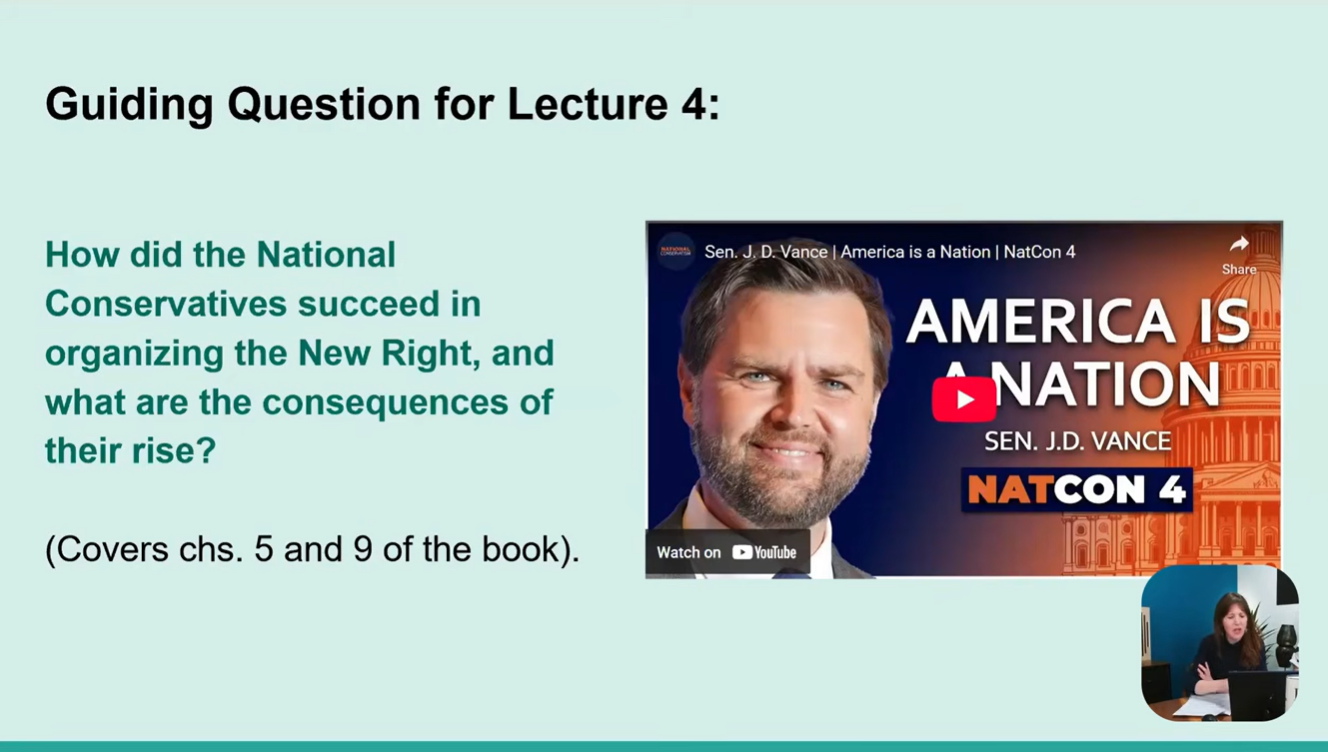The Week that Was: All of Lawfare in One Post
On Friday, President Trump said he would decertify the Iran deal. Yishai Schwartz outlined how the decades-old American sanctions law framework made Trump’s decision possible. Suzanne Maloney criticized the Trump administration’s preoccupation with the deal as the U.S. still lacks a larger strategy for handling Iran in the region.
On Friday, President Trump said he would decertify the Iran deal. Yishai Schwartz outlined how the decades-old American sanctions law framework made Trump’s decision possible. Suzanne Maloney criticized the Trump administration’s preoccupation with the deal as the U.S. still lacks a larger strategy for handling Iran in the region.
In the Foreign Policy Essay, Ariane Tabatabai analyzed how Iran’s interests and activities in Afghanistan present both threats and opportunities for the U.S.
Emma Kohse and Benjamin Wittes argued that the conclusion of a new report that President Trump may have obstructed justice is a premature both as to evidence and as to how that crime might be proved in court. The authors of the report, Barry Berke, Noah Bookbinder and Norm Eisen, defended their findings in a response.
In a follow-up to his piece on the implications of President Trump’s comments on Russia for impeachment, Bob Bauer explained why public statements and demagoguery can form the basis of impeachable offenses.
Responding to the news last week that American officials interrogated an unnamed U.S. citizen being held as an enemy combatant, Wittes explained why he is calm in the face of the lack of information about the man’s identity and status. Responding, Steve Vladeck argued the contrary, saying the news blackout could mask important legal questions.
Robert Chesney and Vladeck shared the National Security Law Podcast, featuring their discussion of the enemy combatant’s habeas petition, developments in the al Bahlul case at the Supreme Court, and the Schrems II case:
The Supreme Court vacated the lower court’s ruling in the travel ban case IRAP v. Trump. Josh Blackman discussed what this decision signals as to the courts' ultimate treatment of the new travel ban. Ganesh Sitaraman and Ingrid Wuerth wrote that lower courts should not concede to the government in travel ban litigation because of “national security exceptionalism" arguments.
Matthew Kahn posted a press release from the chief defense counsel for the military commissions announcing that he had disbanded the civilian defense team in U.S. v. Nashiri.
John Bellinger and Andy Wang outlined the reasons why the Supreme Court should clarify the "touch and concern" standard in Jesner v. Arab Bank.
As Congress began its debate on the renewal of Section 702 of the FISA Amendments Act, Ned Price argued that that congressional Republicans’ focus on unmasking will undermine the renewal effort.
Wittes posted this week’s Rational Security podcast, featuring a discussion of revelations about Kaspersky Labs and of the Section 702 reauthorization:
Shannon Togawa Mercer posted the videostream of an event on the 702 renewal with addresses from the DNI Daniel Coats, NSA Director Michael Rodgers and FBI Director Christopher Wray.
Chinmayi Sharma summarized the changes to Section 702 in the House Judiciary Committee’s reauthorization bill.
Matthew Kahn posted the transcript of Deputy Attorney General Rod Rosenstein’s remarks about encryption at the U.S. Naval Academy.
Nora Ellingsen provided a roundup of developments in four recent international terrorism cases.
Robert Chesney examined the White House’s memo on intragovernmental sharing of national security threat actor information.
Shibley Telhami questioned the effect of the label “terrorist” in the context of the Las Vegas shooting.
J. Dana Stuster updated the Middle East Ticker, covering the administration’s move to decertify the Iran deal, the U.S.-Turkey diplomatic spat and Saudi Arabia’s new arms deals.
Naz Modirzadeh argued against Ryan Goodman's recent critique of the human rights community concerning the use of force outside areas of active hostilities.
Geoffrey Corn discussed the protection of the wounded and the sick under the Geneva conventions for a series building on the Fifth Transatlantic Workshop on International Law and Armed Conflict.
Stewart Baker shared the Cyberlaw Podcast, featuring an interview with Richard Danzig, former secretary of the Navy, and a conversation with Paul Rosenzweig about Section 702 renewal:
Chris Mirasola analyzed U.S. criticism of China’s cybersecurity law at the WTO in the context of developments in worldwide data privacy laws.
Ed Stein noted that the Trump administration missed a deadline to take action on the newly-passed Russia sanctions legislation.
John Sipher wrote on Lawfare’s Foreign Policy feed about how the U.S.’s tit-for-tat diplomatic escalation with Russia failed.
Vanessa Sauter posted the Lawfare Podcast, featuring audio from a Lawfare event at which Susan Hennessey spoke with former White House counsels Bob Bauer and A.B. Culvahouse about lawyering for the presidency:
Herb Lin argued that the real threat from Kaspersky software is not merely its spying on the U.S. government but all the data is might be siphoning from everyone else.
Vanessa Sauter announced Lawfare’s upcoming screening of the documentary, "Icarus."
Hennessey and Wittes shared their column from the Lawfare@FP feed, in which they assessed the Senate Intelligence Committee’s update on the Russia investigation.
Mieke Eoyang, Ben Freeman and Benjamin Wittes posted the September 2017 polling data for the Confidence in Government on National Security Matters project.
And that was the week that was.





